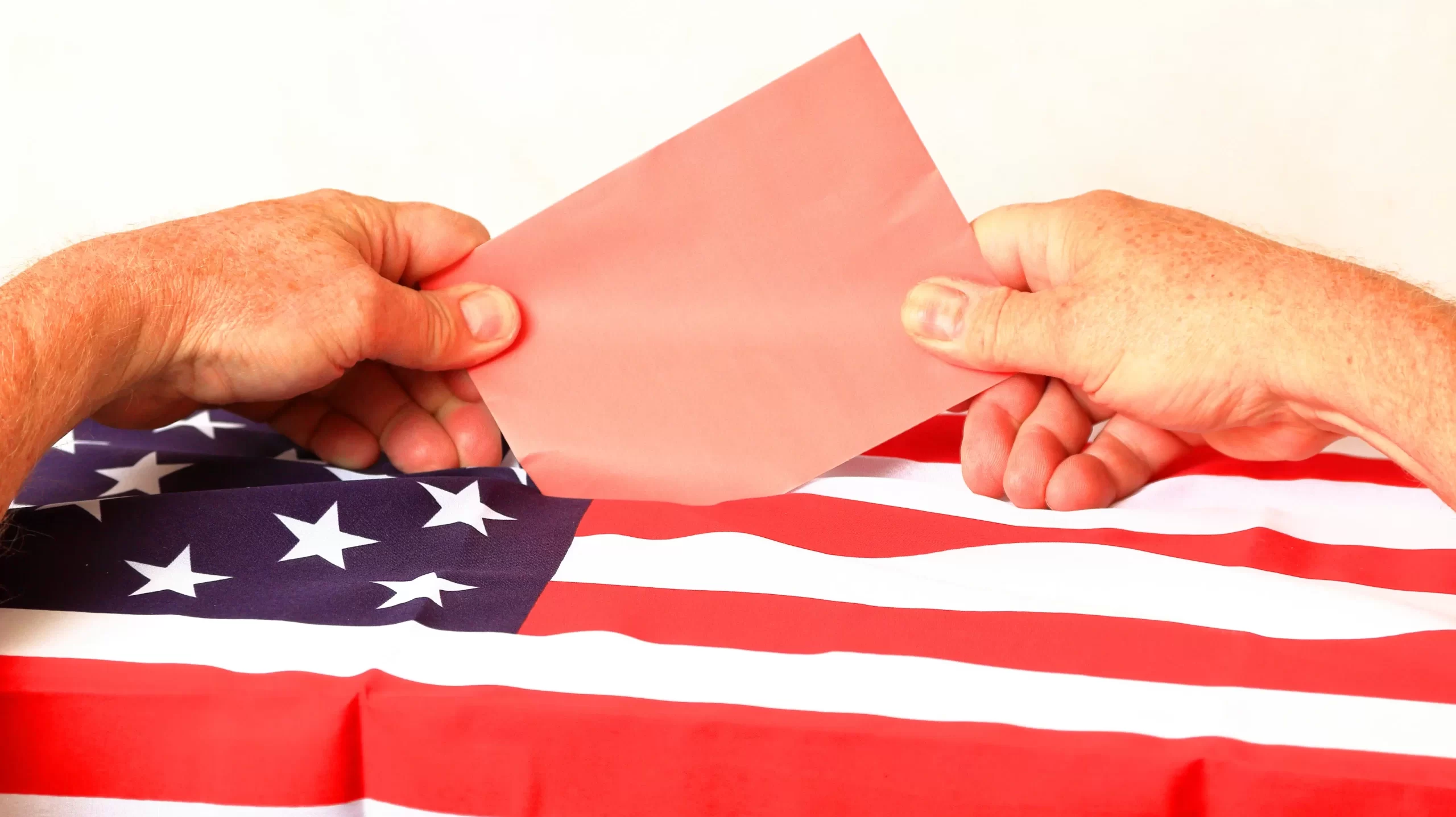|
Getting your Trinity Audio player ready...
|
In Alabama and across the nation, a political showdown is unfolding between two factions — both claiming to represent the conservative movement. But beneath the surface, their ideologies couldn’t be more different, and the outcome of this clash may shape America’s future. This battle isn’t just a policy debate — it’s a fight for the future of American governance.
At the heart of this struggle is a tension between traditional conservatism and the rising wave of populism. While America has long balanced different ideologies — conservatism, liberalism, and populism — populism has always struggled to take root. It burns bright and fast, leaving chaos in its wake before fading away, unable to sustain lasting change.
So, what’s really happening in this tug-of-war between conservatism and populism?
True conservatism values the complexity of governance. It advocates for policies that are measured, pragmatic, and designed with long-term consequences in mind. Edmund Burke, the father of modern conservatism, emphasized the importance of preserving institutions and traditions because they carry the wisdom of generations. Conservatives understand that meaningful progress requires time and stability — Rome wasn’t built in a day, and neither should governments or societies be reshaped overnight.
While conservatism values time-tested wisdom, populism feeds on impatience. It thrives on emotion and quick fixes, painting problems in black-and-white terms, framing politics as a battle of “us versus them.” Populists position themselves as champions of the people against the so-called “elites,” but their solutions often lack the foresight needed for sustainable progress. They rail against institutions as obstacles to the will of the people, yet history shows that this short-sightedness leads to greater instability.
One key example of this tension is their differing views on the rule of law. Conservatives regard the rule of law as sacred — it’s the cornerstone of a stable society, ensuring both order and justice. Populists, on the other hand, frequently dismiss institutional norms when they stand in the way of their goals, viewing laws as instruments of the powerful rather than essential pillars of a free society. This cavalier approach creates a dangerous precedent — one where laws are twisted or discarded for the sake of short-term political advantage.
History shows that societies aren’t improved by tearing them apart, but by building on the virtues and traditions that have stood the test of time. Populism, on the other hand, seems more than willing to set fire to the very institutions that safeguard democracy, all in the name of political expediency.
Populism, like scarfing down two Big Macs, a couple of Filet-O-Fish, and a few stadium hot dogs, might feel satisfying for a minute, but soon enough you’re left queasy and craving something real. Populist movements flare up during times of frustration, as it did with the Populist Party of the late 19th century. That movement, fueled by rural farmers’ discontent, surged briefly but fizzled out when it failed to offer a sustainable vision for the future. Today, Alabama’s political landscape is experiencing a similar populist wave, but history suggests this, too, will pass. Populism thrives on slogans, not solutions. It offers scapegoats over strategy, feeding on discontent rather than building anything lasting.
Another key distinction between conservatism and populism is their approach to national identity. Conservatism seeks to preserve a country’s history, traditions, and values, viewing them as essential stabilizers for society. Populism, in contrast, weaponizes national identity, using aggressive nationalism to divide rather than unite. It creates an “us versus them” mentality, exploiting social and political differences for gain. There’s a stark contrast between honoring tradition and manipulating identity for political advantage.
As Alabama and the nation navigate this moment, it’s worth remembering that populism, despite its loud voice and emotional appeal, has never sustained itself in American politics. It thrives in times of frustration but fails to endure because of its disregard for institutional norms and its fixation on short-term fixes.
Populism may be loud, but it’s never lasting. The real question is: Will Alabama and the nation reclaim the steady hand of conservatism, which balances progress with stability? Or will we be left picking up the pieces after populism’s inevitable decline?
History offers a clear lesson: those who do not learn from the past are doomed to repeat it. Let’s hope Alabama — and the nation — remembers this lesson before it’s too late. The stakes are high, and the future of American democracy is at risk. The choice is ours.























































